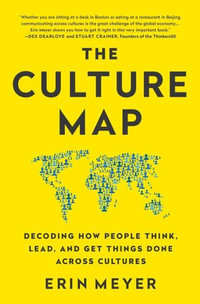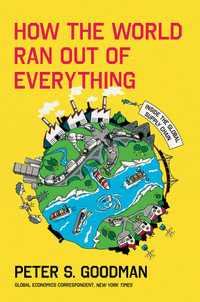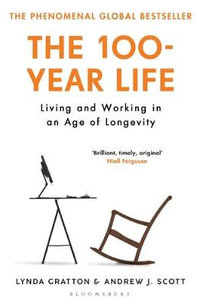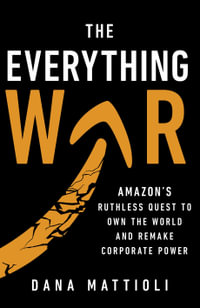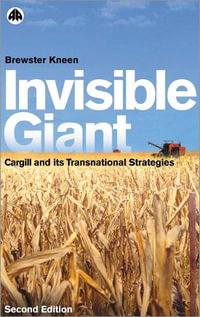This book was first published in 2011. The current financial and economic crisis has negatively underlined the vital role of multinational companies (MNCs) in our daily lives. The breakdown and crisis of flagship MNCs, such as Enron, WorldCom, Lehman Brothers, Toyota and General Motors, does not merely reveal the problems of corporate malfeasance and market dysfunction. It also raises important questions, both for the public and the academic community, about the use and misuse of power by MNCs in the wider society, as well as the exercise of power by key actors within internationally operating firms. This book examines how issues of power and politics affect MNCs at three different levels; the macro-level, the meso-level and the micro-level. This wide-ranging analysis shows not only that power matters but also how and why it matters, pointing to the political interactions of key power holders and actors within the MNC, both managers and employees.
Industry Reviews
Review of the hardback: 'This collection of original research-based contributions takes our understanding way beyond that previously offered by mainstream studies of power and politics in the multinational corporation. It provides new insights into political dynamics within multinationals and how these are informed by the socio-cultural identities of key actors as well as conditioned by local institutional and cultural factors. From reading this book we can appreciate how apparently mighty and monolithic corporations often lack the cohesion and rationality they like to portray.' John Child, Emeritus Chair of Commerce, University of Birmingham
Review of the hardback: 'International business and research into multinationals has, on the whole, not been characterised by a concern with power relations. While this is something that might strike many social scientists as odd it has hardly been remarked by many of the narrower specialists in the field. Christoph Doerrenbaecher and Mike Geppert, together with the assemblage of scholars and commentators that they have collected in this volume, are a notable exception to the general tendency. The focus on power relations as the essence of business activity on a global scale is long overdue. From various and diverse frameworks the contributors to this volume rectify the picture.' Stewart Clegg, Professor and Research Director, Centre for Management and Organization Studies (CMOS), University of Technology, Sydney
Review of the hardback: 'The more eclectic stance taken by the editors towards other contributions to their book provides the reader with a diversity of theoretical and methodological perspectives on intra-organizational relations within the MNC.' Ray Loveridge, University of Oxford
'Rich in conceptual backgrounds and international empirical evidence, the various chapters provide excellent reading not only on the fact that power matters in the game-playing arena within MNCs, particularly when interests or identities conflict, but also on how and why it matters.' Kadire Zeynep Sayim, Journal of Industrial Relations
'With their volume, Doerrenbaecher and Geppert make a groundbreaking contribution to this only recently emerging realm of the debate. They establish a threefold perspective that includes macro-level institutions, which shape the environment in which MNCs exist; the MNC itself, with its intra-organizational dynamics; and individuals who act on the shop floor.' Martin Seeliger, British Journal of Industrial Relations
'This book, in short, offers a wide array of insights that ... help consolidate a range of debates, as well as ample directions for further inquiry.' OEduel Bozkurt, Journal of International Management
'... the theoretically engaging and empirically challenging nature of this book provides a thought-provoking piece of work on the sustained discussion of power and politics in [a multinational corporation] environment. It will also allow us to develop current considerations to help stimulate further interdisciplinary insight into the study of micropolitical dynamics within the multinational corporation.' Industrial and Labor Relations Review

